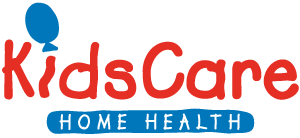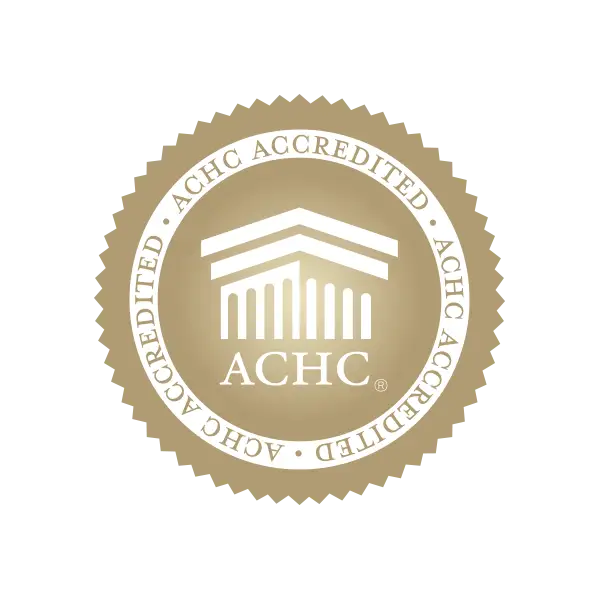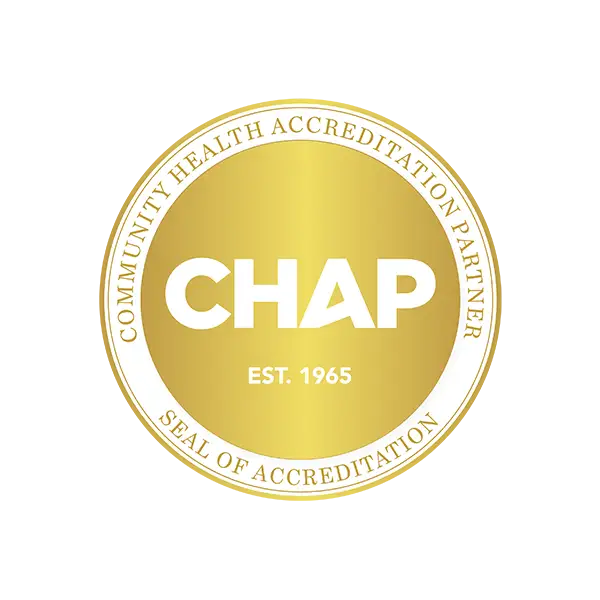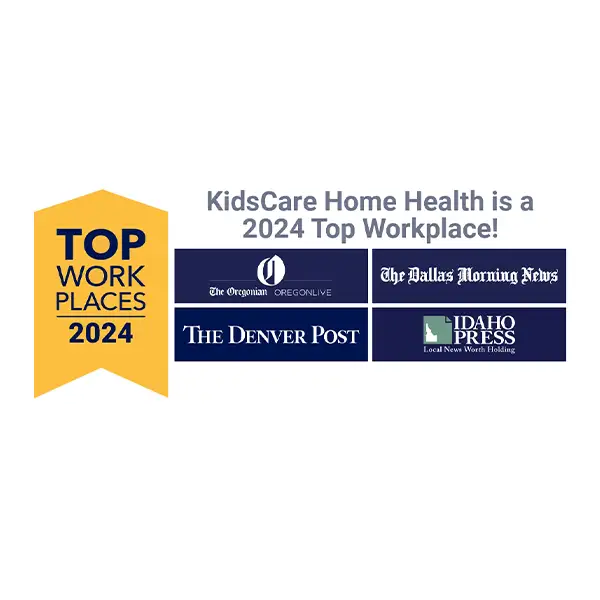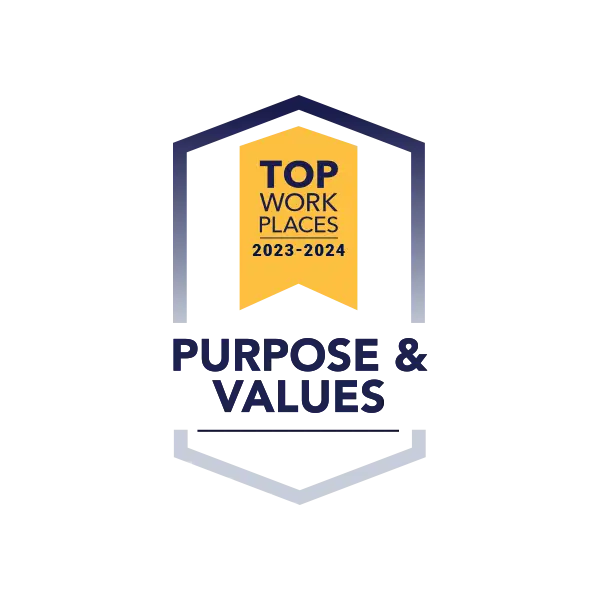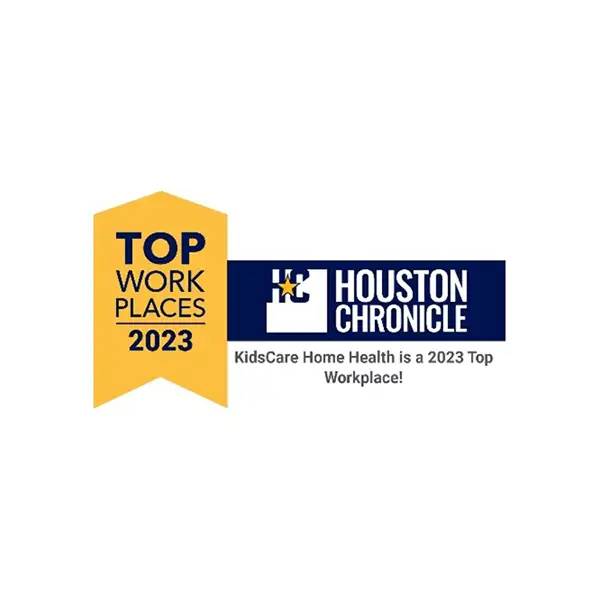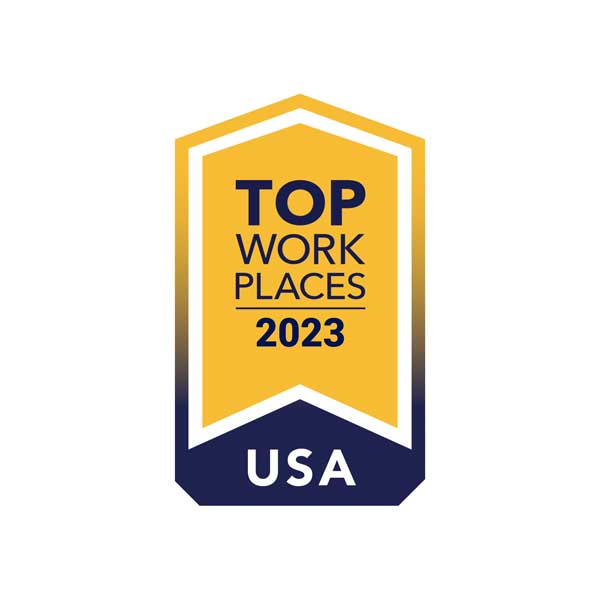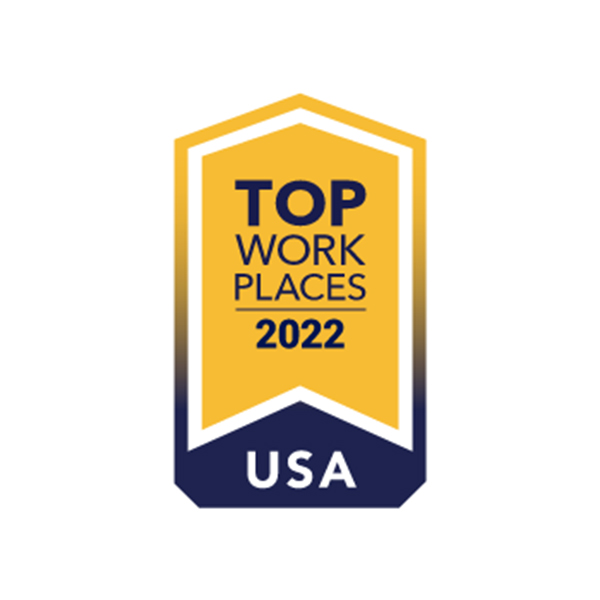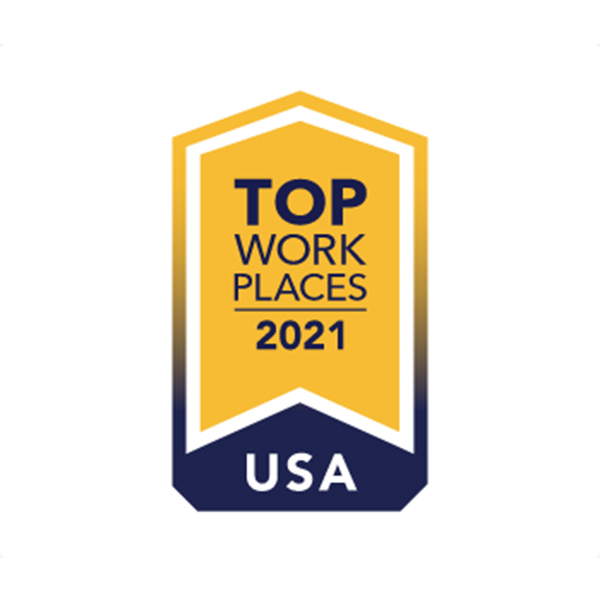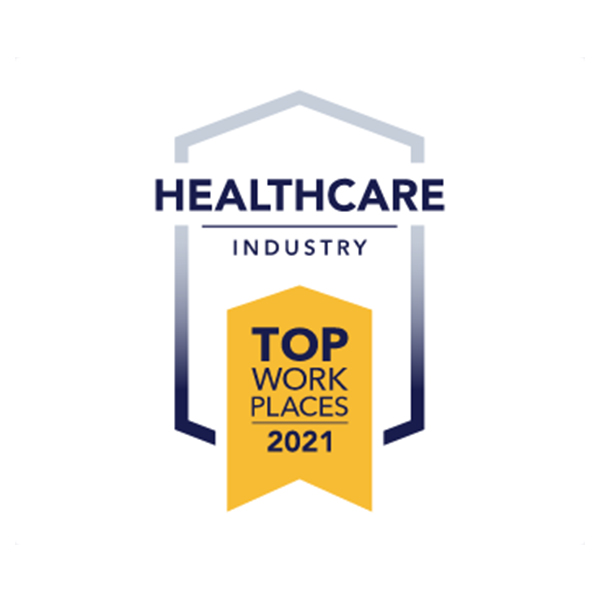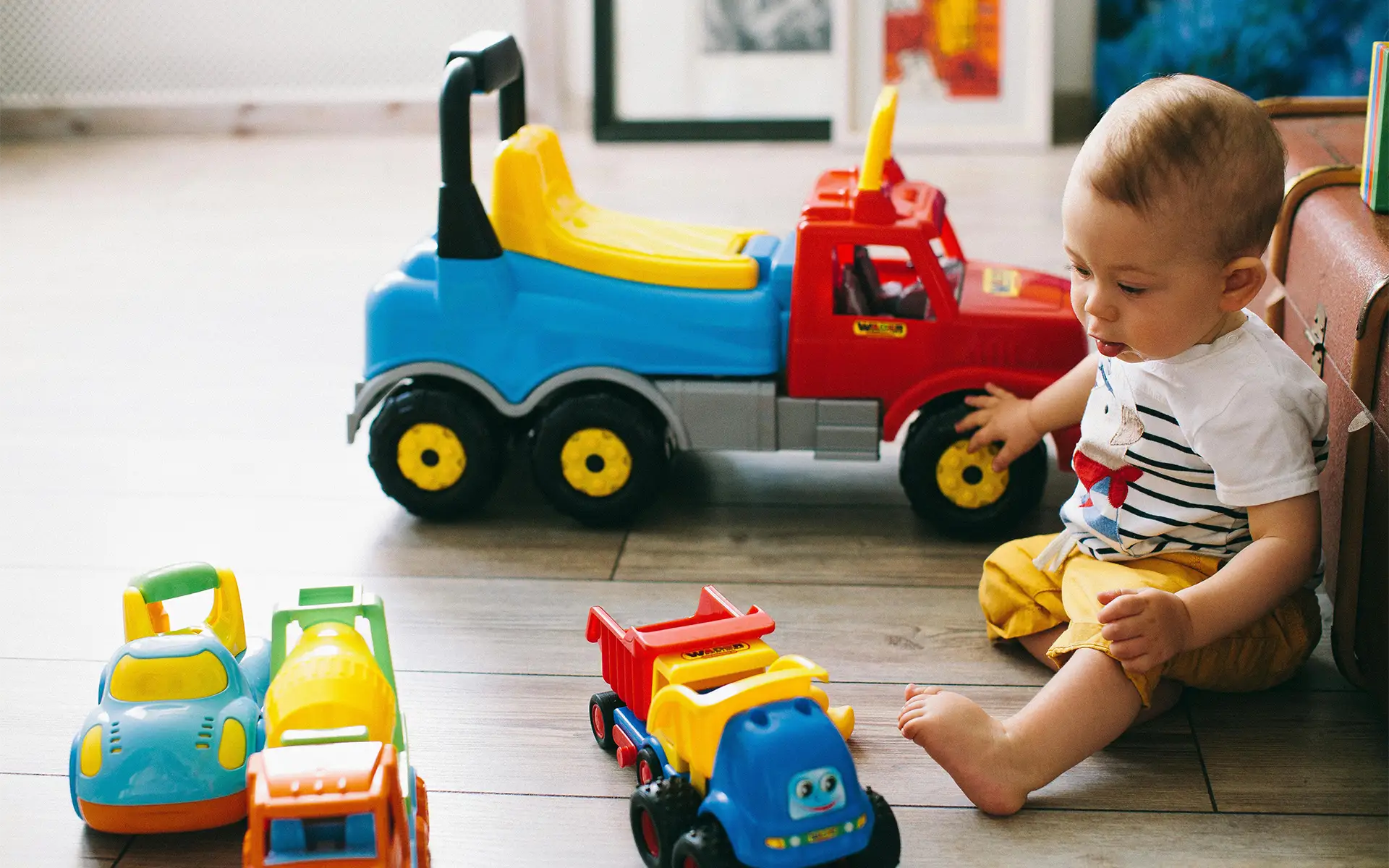
When babies enter this big new world, every moment is a time of discovery as they learn about their surroundings and themselves. However, they haven’t yet developed the instincts and physical safeguards to protect themselves. That’s why it’s our job as parents and caregivers to ensure their surroundings are safe. Baby Safety Month, observed every September, raises awareness about infant and toddler safety, reminding us of our responsibility as adults to help them navigate their daily lives safely.
Caring for babies is a full-time job that requires undivided attention to ensure their safety. Baby Safety Month is dedicated to educating adults and caregivers on best practices to keep infants safe in their surroundings. Whether you’re expecting, a new parent, or a caregiver, understanding baby safety protocols is essential to helping babies thrive safely. In today’s blog, we’ll explore the importance of Baby Safety Month, share baby safety month tips for keeping your home safe, and more.
What Is Baby Safety Month?
Baby Safety Month is a campaign started by the Juvenile Products Manufacturers Association (JPMA), now known as the Baby Safety Alliance. It is a month-long awareness campaign focused on educating parents and caregivers on the importance of using and selecting juvenile products safely. The campaign originally began as “Expectant Mother’s Day” until the JPMA extended it to a week in 1986. Then, in 1991, the JPMA sponsored the first “Baby Safety Awareness Month” in September, an initiative that has continued every year since. Why September? It’s the ninth month of the year!
The Baby Safety Alliance dedicates its efforts to advancing baby safety within four pillars: advocacy, product safety, education, and philanthropy. Through advocacy, they engage in legislative and regulatory efforts to ensure that products are safe, accessible, and affordable. The Baby Safety Alliance Verification Program promotes the advancement of baby product safety by identifying those that have been tested to the highest standards for safety, performance, and functionality. Education is supported by Baby Safety University, which offers free, expert-approved guidance for parents and caregivers. The organization carries out its philanthropy efforts through the Baby Safety Foundation, its 501(c)(3) charitable arm.
For over 40 years, the Baby Safety Alliance has been the voice of safety and quality for baby and children’s products, helping parents choose and use the best products for their families. Baby products must meet minimum government requirements for safety and use. The Baby Safety Alliance Verified Seal signifies that a product meets these requirements and additional standards. Thanks to their work and efforts, parents can feel confident when choosing safe products for their baby.
Why Baby Safety Awareness Matters

Unfortunately, preventable accidents are one of the leading risks to infants and toddlers. This is true even for parents and caregivers who are focused on providing a safe place for their children to thrive. However, simply understanding the most common causes of preventable accidents can help prevent them. Let’s review:
- Falls: Falls are the most common cause of non-fatal injuries for children under one, according to the CDC1. However, taking precautions like never leaving a baby unattended on elevated surfaces and using safety gates can significantly reduce the risk.
- Choking: Babies often put everything in their mouths as they explore, which can lead to choking. Food-related choking is also common in infants. Therefore, understanding which foods are safe, proper portion sizing, and keeping small objects out of reach can help prevent choking.
- Unsafe Sleep: The American Academy of Pediatrics (AAP) states that approximately 3,500 infants die each year from sleep-related causes in the U.S., including sudden infant death syndrome (SIDS), ill-defined deaths, and accidental suffocation and strangulation in bed.2 Understanding safe sleep guidelines can reduce this risk, including placing babies on their backs, using a firm mattress, and keeping cribs free of loose bedding and toys.
Baby Safety Month Tips for Parents at Home
Although making a space “baby safe” requires time and consideration, it’s more than worth the effort. One of the primary goals of Baby Safety Month is to educate parents and caregivers on the most important safety steps to take in keeping little ones safe at home. Here are a few practical home safety tips every parent should know to keep babies safe and secure.
Baby Proof Rooms
Once a baby masters mobility, such as crawling and pulling up, they will explore everything and everywhere. That’s why childproofing is essential at this stage. In each room, get on their level, i.e., hands and knees, to determine what needs babyproofing. Anchor furniture, including bookcases, nightstands, dressers, etc., to prevent tipping. Also, install outlet covers or safety plugs on every outlet to prevent small fingers from getting into trouble. And finally, secure cabinets and drawers that hold hazardous products, such as cleaning supplies or sharp tools, with safety latches to prevent access.
Practice Crib & Sleep Safety
There are several ways to help babies sleep safely. Begin by ensuring they sleep on their back on a firm mattress equipped with a fitted sheet. Their sleep space should remain clear of pillows, blankets, bumpers, toys, or stuffed animals that can present a choking or suffocation hazard. Also, ensure the crib slats are no more than 2 3/8 inches apart. Finally, lower the mattress as babies grow and begin pulling up to prevent climbing out.
Food Safety & Feeding Awareness
Meal times require attention and vigilance, and it’s important never to leave a baby unattended while eating or drinking. For infants on formula, feed them in an upright position to aid digestion while reducing the risk of choking. When they start on solids, cut the food into pea-sized, manageable pieces. Steer clear of high-risk foods, like whole grapes, hot dogs, hard candy, and nuts, until the child is older.
Activities and Ideas to Celebrate Baby Safety Month
Baby Safety Month is an opportunity for families and communities to come together and focus on creating safe environments for our little ones. Individuals and families can participate in various ways, beginning with spreading awareness among friends and family members.
For expecting families or new parents, following a baby safety checklist at home is ideal. Armed with baby safety information, take a walk through each room to check for hazards such as loose cords, small objects, or unlocked cabinets. You can make it more engaging by involving the whole family, like older siblings who can help spot things from a child’s perspective. Engaging them in safety checks is also a great way to teach them responsibility and the importance of keeping their baby brother or sister safe.
An excellent way for parents, families, and caregivers to promote Baby Safety Month awareness is through social channels. Short posts with baby safety facts and recommendations, like safe sleeping or choking prevention, may help another parent avoid a preventable accident. The Baby Safety Alliance offers toolkits with tons of helpful tips and suggestions for spreading awareness. They even have a digital promotion guide that takes all the guesswork out of posting by providing suggestions and relevant hashtags!
How KidsCare Home Health Supports Baby Safety

At KidsCare Home Health, supporting the health and well-being of infants and children with professional care and compassionate support is at the core of our work. We understand that parenting comes with equal parts joy and responsibility, and we are here to support families every step of the way.
Our skilled clinicians provide pediatric in-home nursing, occupational therapy, physical therapy, and speech-language therapy tailored to each child’s individual needs. The KidsCare Home Health team of professionals helps address many of the everyday safety challenges parents face, including safe feeding practices and helping manage medical equipment at home. Our goal is to help our young patients thrive by providing high-quality, individualized care, as we believe every child deserves the opportunity to reach their full potential.
At KidsCare Home Health, we understand that baby and toddler safety extends beyond the recognized baby safety awareness month. We are committed to a year-round focus on helping families feel confident, informed, and supported in caring for their youngest members.
Final Thoughts on Baby Safety Month
Although Baby Safety Month is a time of focus and driving awareness, the goal is to ensure that parents and caregivers have the resources they need to keep our tiniest humans safe as they grow and explore. This September, join KidsCare Home Health in spreading the word about baby and toddler safety. We encourage you to share resources and encourage others to take simple steps that make a big difference. Baby safety is a year-round commitment to creating safer environments, giving parents peace of mind, and helping every baby experience the world safely and joyfully.
Check Out Our Resources Page
Visit KidsCare Home Health today for resources on kids’ health, wellness, preparedness, and more.
Frequently Asked Questions About Baby Safety Month
Is Baby Safety Month recognized outside the United States?
Baby Safety Month began and is observed in the United States, although baby safety is a worldwide concern.
Can childcare providers participate in Baby Safety Month activities?
Absolutely! Childcare providers are encouraged to observe Baby Safety Month as an opportunity to review safety checklists, refresh staff training, and share valuable tips with parents.
What role do healthcare professionals play during Baby Safety Month?
As trusted resources for parents, healthcare professionals, such as pediatricians, nurses, and therapists, can spread awareness by providing education and tips for safe sleep, injury prevention, and developmental milestones.
Are there special events or awareness campaigns linked to Baby Safety Month?
Yes, many organizations participate in Baby Safety Month, spreading information through social campaigns and workshops. Visit the Baby Safety Alliance website for a calendar of events in September and year-round.
